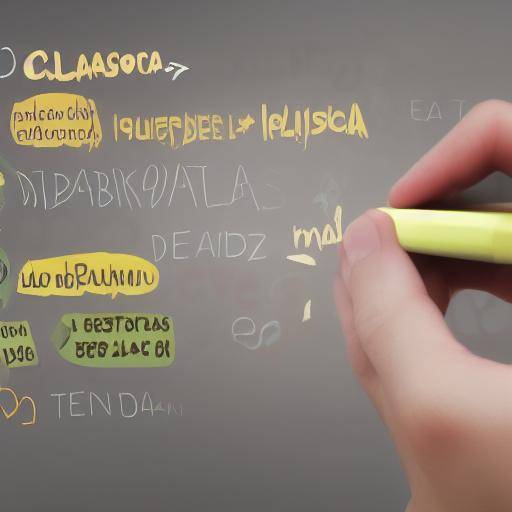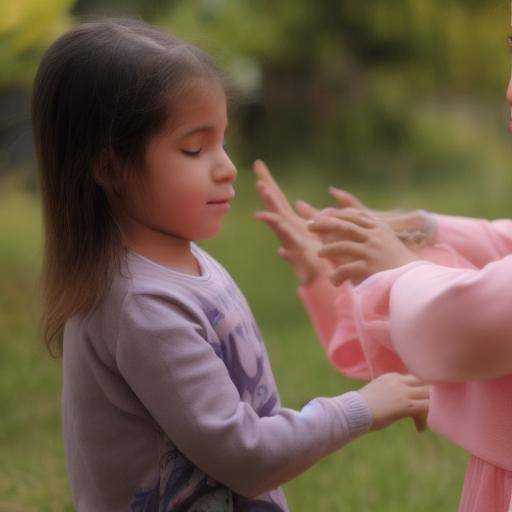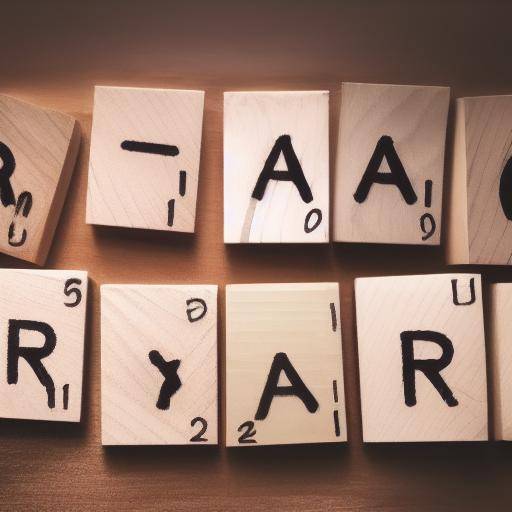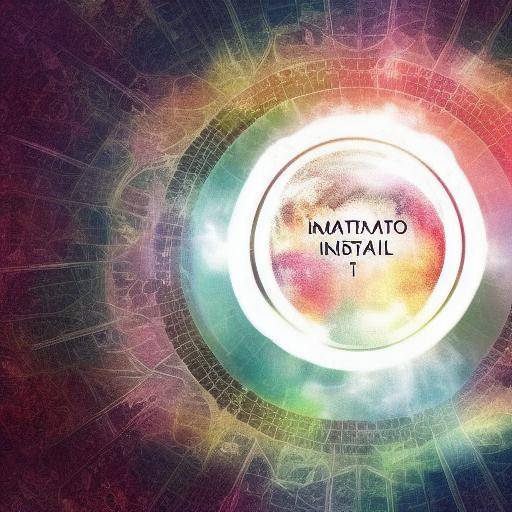
Introduction
Gratitude is a powerful emotion that greatly influences our emotional well-being and, surprisingly, the clarity of communication. In this article, we will thoroughly explore the impact of gratitude on the clarity of communication, its relevance in different contexts and how it can influence our personal and professional relationships. As we immerse ourselves in this fascinating theme, we will discover how gratitude can contribute to a clearer, more effective and empathic communication, generating tangible benefits for all the parties involved.
History and Background
Gratitude has been valued throughout history in different cultures and traditions. Since ancient times, philosophers, spiritual leaders and thinkers have praised the positive effects of gratitude in human life. At present, positive psychology has provided a scientific perspective that supports the benefits of practicing gratitude on a regular basis.
Origins and Development
The practice of gratitude has deep roots in the history of humanity. Philosophers such as Seneca and Cicero in ancient Rome, as well as religious thinkers and leaders in various cultures, have emphasized their importance over the centuries. From a scientific perspective, positive psychology has provided an empirical basis for understanding the effects of gratitude on people's lives.
Importance and Evolution
The recognition of gratitude as a fundamental emotion has evolved over time. In recent decades, research in positive psychology has shown that practicing gratitude consciously can have significant effects on the emotional and mental well-being of people. This evolution has led to a deeper understanding of the benefits of gratitude in various areas of life, including communication.
Analysis in Deep
Gratitude and Communication
In the field of communication, gratitude plays a crucial role in the way we relate to others. The ability to express gratitude can have a positive impact on the quality of our interactions, generating clarity and empathy in our relationships. Likewise, the practice of gratitude can influence the way we communicate, promoting a more positive and constructive language.
Benefits of Gratitude in Communication
- Clarity and Precision: Expressing gratitude helps clarify our intentions and transmit messages more effectively, reducing the possibility of misunderstandings.
- Empowerment and Understanding: Gratitude promotes greater empathy towards others, allowing us to better understand their perspectives and needs.
- Conflict reduction: By adopting an attitude of gratitude, it is less likely that we react defensively or aggressively, which can reduce the frequency and intensity of conflicts.
- Strengthening of relations: Gratitude strengthens personal and professional ties, creating an environment of trust and cooperation.
Gratitude as Emotional Communication
Gratitude itself can be regarded as a form of emotional communication, as it expresses appreciation, recognition and connection with others. By expressing genuine gratitude, we can strengthen ties with those around us, build trust and build stronger relationships.
Comparative analysis
Gratitude in Different Contexts
- Staff: In personal relationships, gratitude can improve communication by fostering an environment of mutual support and recognition.
- Professional: In the workplace, gratitude can improve the morality of the team, increase productivity and foster a positive organizational climate.
- Social: In broader social contexts, gratitude can promote more respectful and constructive communication, strengthening community cohesion.
Gratitude vs. Other Positive Emotions
While other positive emotions such as joy and love also influence communication, gratitude has a unique impact due to its ability to promote reciprocity and mutual appreciation, key aspects for clear and effective communication.
Practical Tips and Recommendations
- Daily Gratitude Practice: Incorporating a daily habit of reflecting on the things we are grateful for can improve our emotional disposition and communication capacity.
- Express appreciation: Taking time to express gratitude to others can strengthen our relationships and improve the clarity of our communication.
- Listen.: Practice active listening with an attitude of gratitude can improve our understanding and response during interactions.
- Journaling of Gratitude: Keeping a journal of gratitude can help us focus on the positive aspects of our lives and improve our communication with ourselves and others.
Industry Perspectives and Expert Reviews
Perspectives of Positive Psychology
Experts on positive psychology, such as Martin Seligman and Robert Emmons, have extensively investigated the benefits of gratitude, highlighting their positive impact on mental health and interpersonal relationships. His work suggests that gratitude not only improves individual well-being, but also has a ripple effect on the quality of our interactions.
Opinions of Experts on Communication
Communication specialists, such as Dale Carnegie and Marshall Rosenberg, have emphasized the importance of gratitude in building effective relationships and conflict resolution. His approach is based on the premise that gratitude facilitates more open and sincere communication.
Case Studies and Real Life Applications
- Labour environment: Companies that have implemented programs of gratitude have observed improvements in team morals, productivity and retention of employees.
- Personal relations: Couples who practice gratitude regularly report greater satisfaction in their relationships and more effective communication.
- Educational communities: Schools that promote gratitude among students and teachers have noticed an improvement in the school environment and in academic performance.
Future Trends and Predictions
As research on gratitude and communication continues to advance, we are likely to see a greater emphasis on the incorporation of practices of gratitude into personal and professional development programmes. Digital tools and welfare applications can also play an important role in facilitating these practices.
Conclusion
Gratitude plays a crucial role in the clarity of communication, improving the quality of our interactions and strengthening our relationships. By incorporating gratitude into our daily lives, we can foster an environment of understanding and cooperation that benefits both at the personal and professional levels. Practicing gratitude not only improves our emotional well-being, but also contributes to a clearer, more effective and empathic communication.
Frequently asked questions
1. How can gratitude improve communication?
Gratitude improves communication by fostering an environment of mutual respect and recognition, facilitating the transmission of clear and effective messages.
2. Is it necessary to practice gratitude daily?
Yes, practicing gratitude on a regular basis can strengthen your positive effects on our relationships and general well-being.
3. What tools can help incorporate gratitude into everyday life?
Tools such as gratitude journals, mobile applications and mindfulness programs can be useful in maintaining a regular practice of gratitude.
4. Does gratitude have the same impact on all contexts?
Gratitude can have a positive impact on different contexts, although its specific expression and effects can vary according to culture and situation.






















































